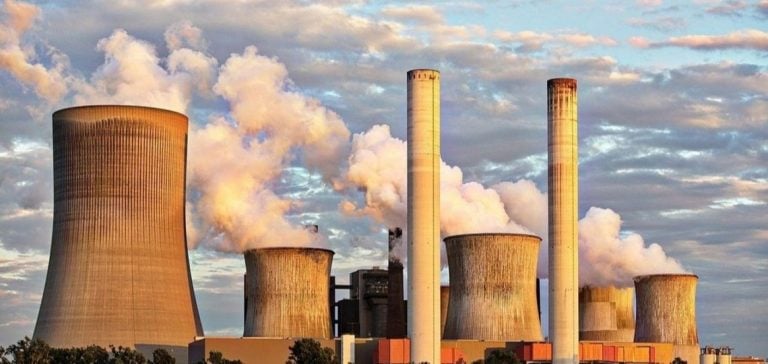Germany has embarked on an ambitious coal phase-out plan, aiming to complete the transition by 2030.
However, complications in the development of alternative energy infrastructure, notably the tendering process for gas-fired power plants, threaten to delay this goal.
Uniper, a key player in the energy sector, expresses concern that delays in the gas tendering process could jeopardize the planned phase-out of coal.
Initially, the government had planned to deactivate coal-fired power plants by 2030, but the lack of clarity regarding tenders for hydrogen-ready gas power plants, essential to replace coal, is complicating the situation.
The challenges of the energy transition
The German government is planning to tender for 10 GW of gas-fired power plant capacity, with the hope that these plants will be able to switch to hydrogen after 2035.
However, industry experts, including those from Uniper, point out that this capacity may prove insufficient to meet the demands of the coal phase-out.
They estimate that it will probably be necessary to develop between 20 and 25 GW of new capacity to guarantee an effective transition.
This lack of dispatchable capacity, coupled with economic challenges and delays in tendering processes, makes it increasingly unlikely that the 2030 deadline will be met.
Germany’s dependence on gas, exacerbated by the loss of Russian supplies due to sanctions, has led to the reactivation of some coal-fired power plants originally scheduled for closure.
This situation further complicates the coal phase-out strategy, as new gas infrastructures need to be built to compensate for the capacity previously provided by coal.
Market players are concerned about the viability of this transition, as energy needs continue to evolve.
Economic and political implications
Delays in the tendering process for gas-fired power plants could have a significant impact on the German economy.
The transition to renewable and low-carbon energy sources is not only an environmental necessity, but also an economic imperative.
Investment in gas and hydrogen infrastructure is crucial to ensuring the country’s energy security.
Indeed, without proper planning and substantial investment, Germany risks ending up in a situation where it has to continue relying on coal, which would compromise its climate objectives.
“If gas tenders stagnate, this could jeopardize Germany’s planned exit from coal,” says a Uniper spokesperson, emphasizing the urgent need to speed up the process.
The outlook for the German energy industry is therefore marked by growing uncertainty.
Market players are calling for swift action to ensure that gas-fired power plant projects are implemented efficiently.
The need for additional capacity and a transition to sustainable energy solutions is more pressing than ever.
Political decision-makers must navigate a complex landscape, where economic, environmental and social interests are intertwined.
Towards a successful transition
Despite the challenges, Germany remains determined to achieve its coal phase-out.
Delays in tendering for gas-fired power plants and the need for additional capacity are jeopardizing the 2030 target.
For this transition to be successful, it is imperative to speed up the tendering process and increase investment in hydrogen-ready gas-fired power plants.
Without these measures, the phase-out of coal could be delayed until 2038, jeopardizing the country’s climate commitments.
The stakes are therefore many, and require a coordinated approach between market players, political decision-makers and investors.
Germany’s energy transition is a crucial test for other countries seeking to reduce their dependence on fossil fuels while ensuring energy security.
The lessons learned from this experience could influence decarbonization strategies worldwide, underlining the importance of proactive planning and close collaboration between the public and private sectors.






















